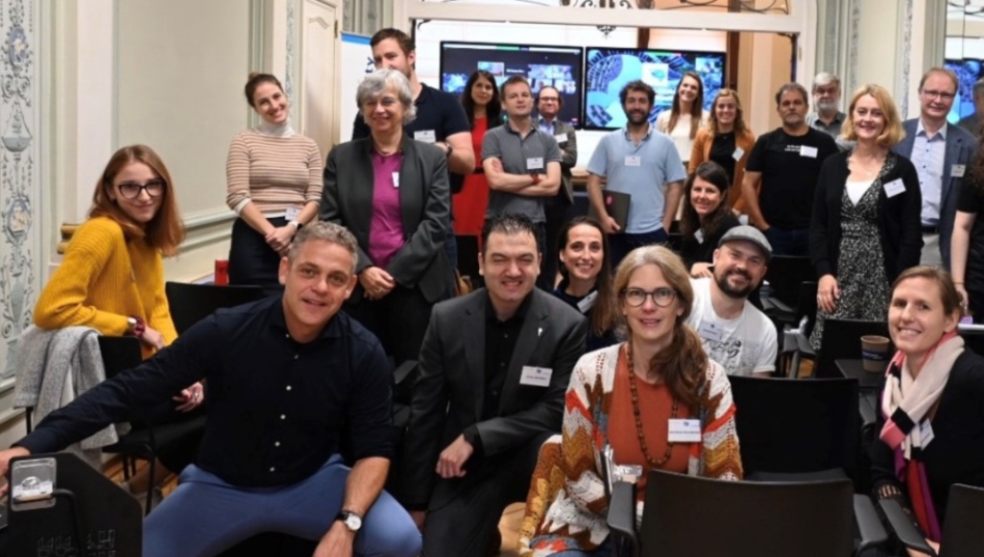
Exeter part of large international project into youth mental health
The University of Exeter will collaborate in groundbreaking worldwide research into the genetic and environmental factors of mental health in young people.
Mental health disorders affect one out of four people during their lifetime, with more than three quarters affected before the age of 24. Now, Professor Jonathan Mill, of the University of Exeter Medical School, is joining researchers from across the world in the new project Youth-GEMS (Gene Environment Interactions in Mental Health TrajectorieS of Youth), which will be coordinated by Maastricht University. The European Commission has granted £8.4 million for this project (with the UK’s portion being contributed by UK Research and Innovation (UKRI)), which aims to identify the genetic and environmental factors associated with mental health in young people.
Professor Mill, who is a Professor of Epigenomics in the Department of Clinical and Biomedical Sciences at the University of Exeter said: “Our role in this exciting project in Exeter will be to explore how the genetic risk factors associated with adolescent mental health impact upon developmental processes in the human brain. We will track the expression and regulation of key genes in the brain through prenatal development, through childhood and into adulthood using the cutting-edge methods available for genomics research in Exeter.”
Poor mental health is by far the most pressing health problem for European young people. It is a major personal as well as societal issue and the COVID-19 pandemic has exacerbated the situation. Therefore, there is an urgent need for a better understanding of the long-term development of mental health, the identification of early risk factors and early intervention in young people at risk of trauma or mental illness.
The Youth-GEMS project is funded as part of the Europe Horizon program Staying Healthy: Towards a molecular and neurobiological understanding of mental health and mental illness for the benefit of citizens and patients."We want to understand how genetic, epigenetic and environmental factors interact to cause or prevent mental health problems in young people," says Professor Bart Rutten at Maastricht University (based in the Netherlands).
Besides Maastricht University and the University of Exeter, 16 institutions in nine countries, including the Netherlands, Germany, Ireland, Italy, Spain, the United Kingdom, Estonia, Croatia, Serbia and Australia, will participate in Youth-GEMs. The team will work together with Euro Youth Mental Health to set up a European learning community of young people with experience of mental illness who will be actively involved in the various project components.
The researchers will follow the development of adolescents and develop predictive models and identify genetic and environmental risk factors for mental health problems. This offers opportunities for earlier intervention in young people before the symptoms of mental illness occur.
Youth-GEMs is the largest ever study of adolescent mental health development in Europe. Dr. Guloksuz, Associate Professor at Maastricht University Medical Centre says: "Data will be collected across Europe from 1,000 help-seeking young people between the ages of 12 and 24, and we are using new artificial intelligence methods and digital mobile technology. Most importantly, we will create an international network to involve young people in every step of the process, so both youth and scientists will benefit from each other’s expertise".
You can find more information about the Horizon Program and the organizations involved here and here.

















